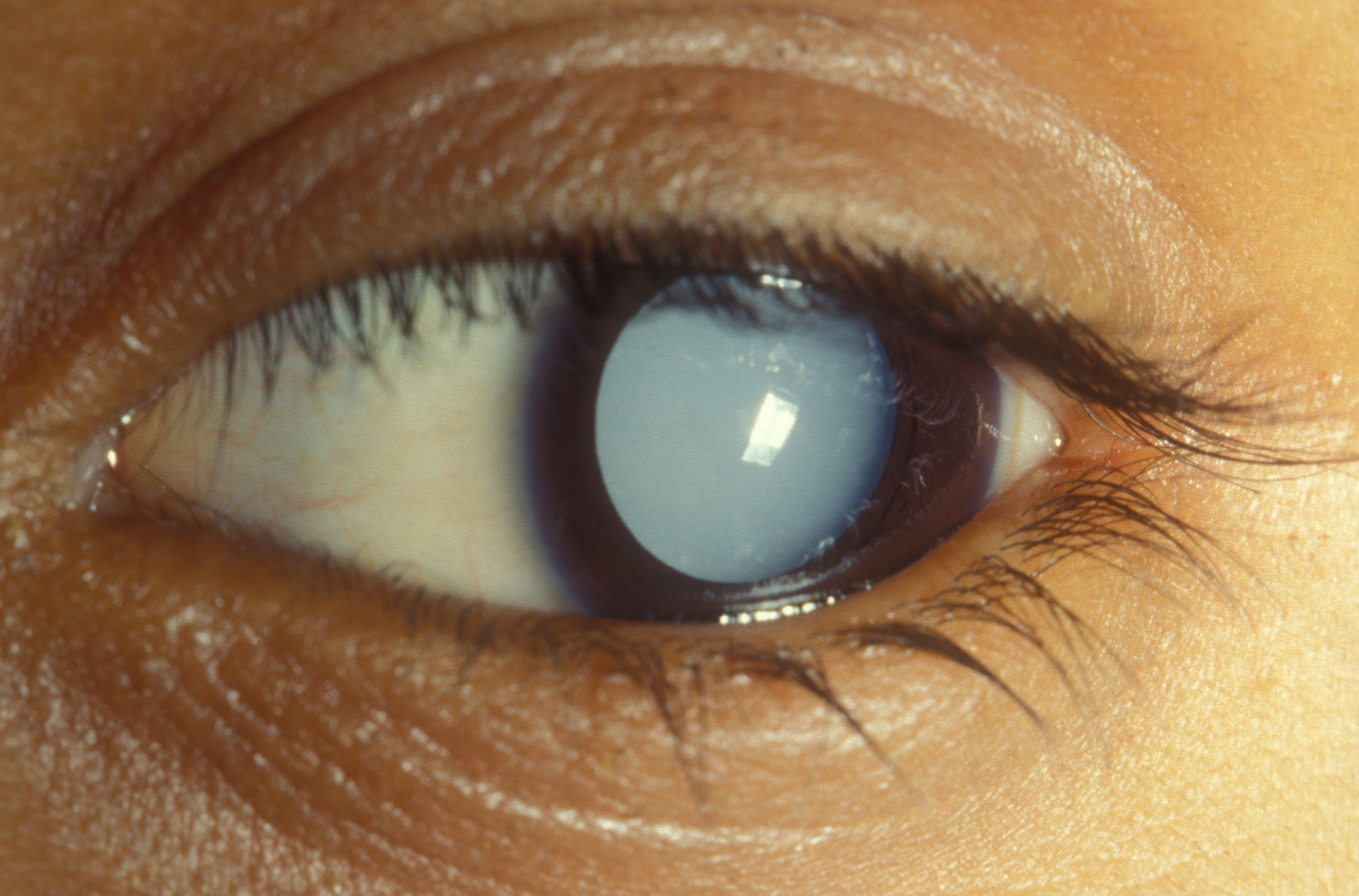It’s a misty morning in 380 B.C. Greece, and Aristotle is taking his daily stroll along a flowing brook. Eventually he stops and observes the water, letting his eyes soften their focus on its motion. When he finally rips his gaze away, he notices that the stationary rocks around the brook seem to be moving in his gaze, as if they’re floating upstream! He quickly jots this observation down: “the senses are affected in this way when they turn quickly from objects in motion, e.g. from looking at a river and especially from looking at swiftly flowing streams. For objects at rest then seem to be in motion.”
What Aristotle had experienced so many years ago, was something we now call the motion-aftereffect (MAE). The MAE, sometimes called the waterfall effect because of its origin of discovery, is a visual illusion that occurs after our eyes focus on a moving visual stimulus for about 10 milliseconds to a minute, and when we look away, we observe stationary objects moving in the opposite direction of the moving stimulus.
Read More








